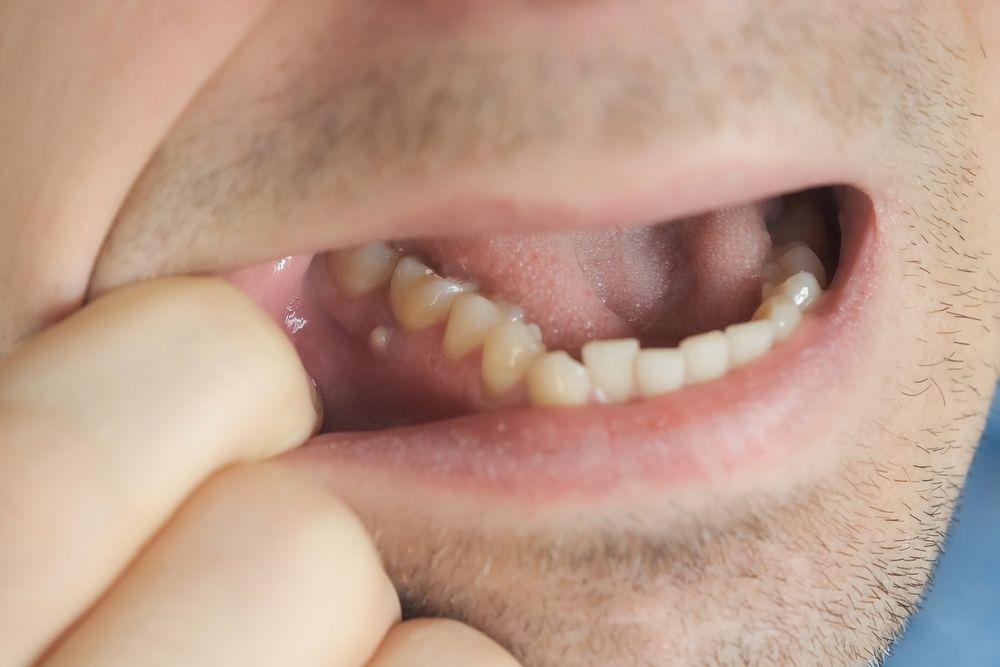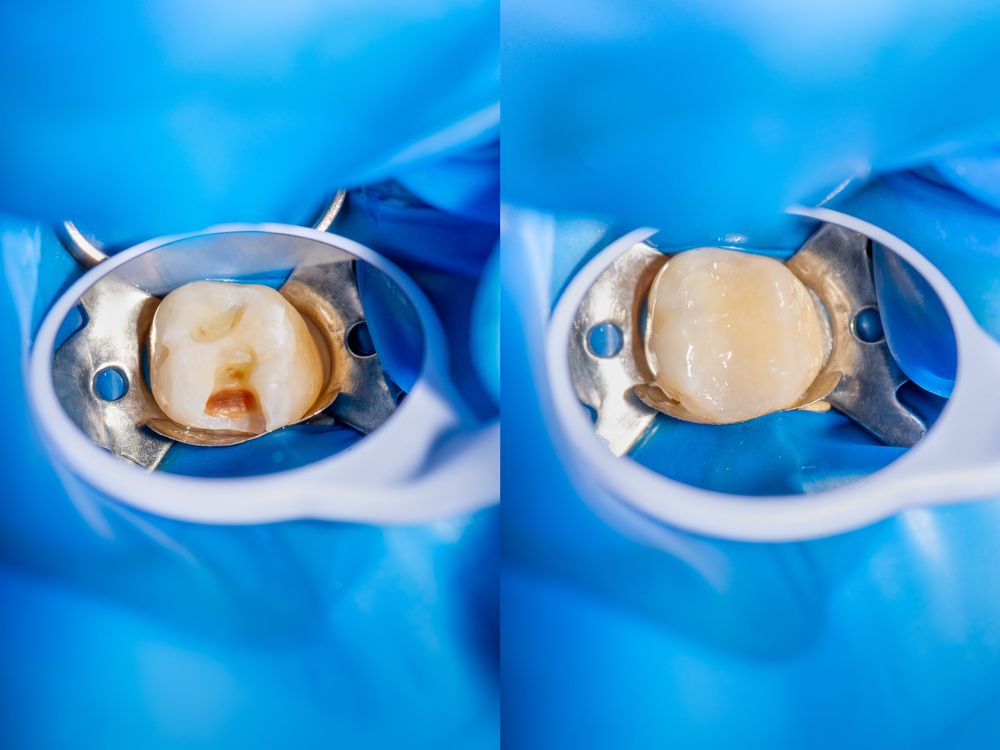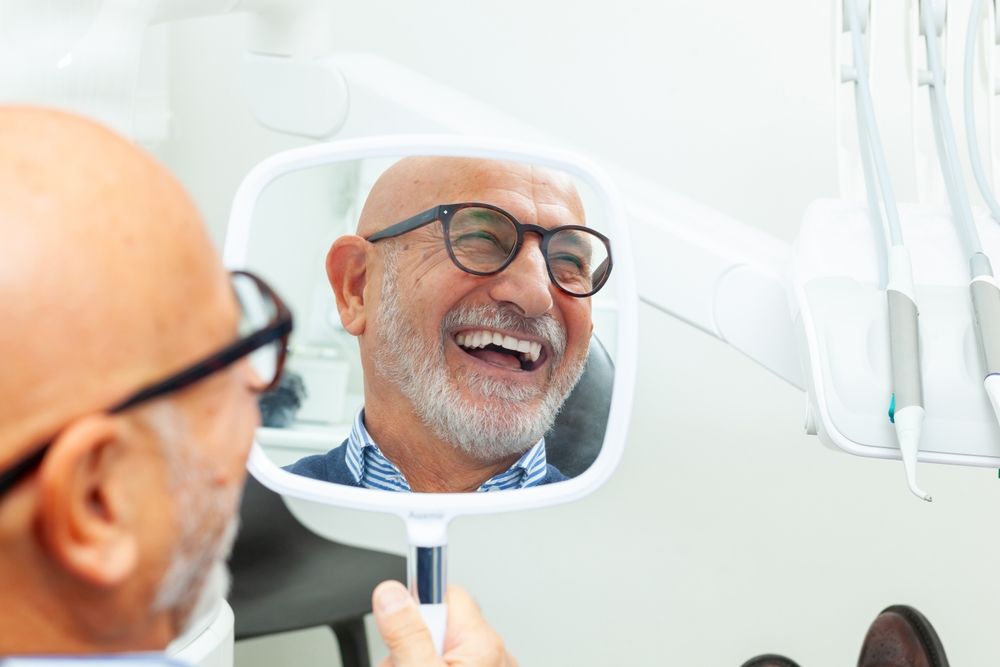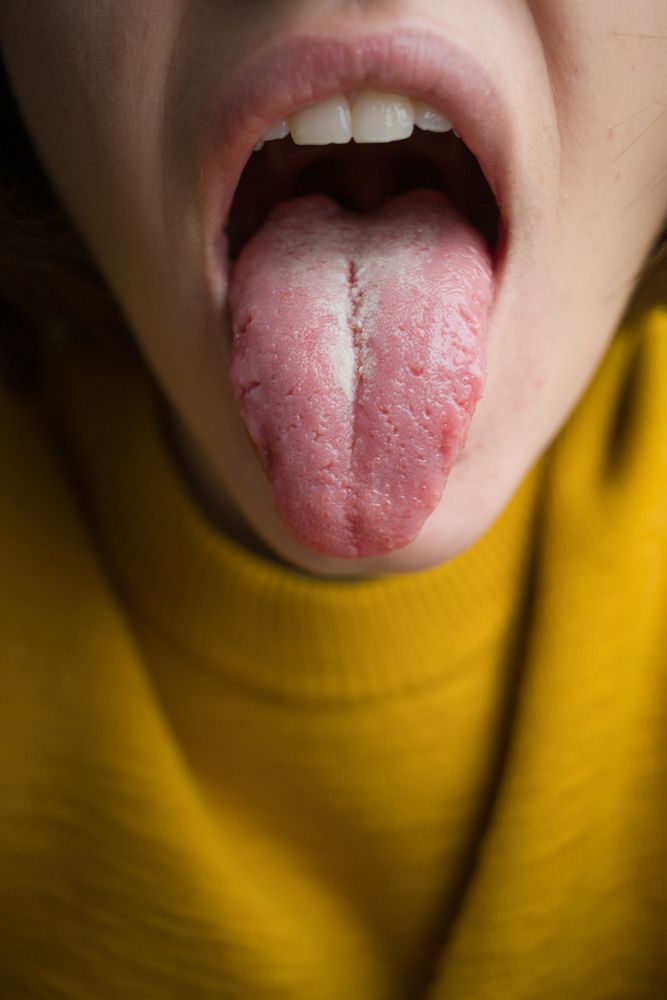Every generation has been raised with the knowledge of Vitamin D’s importance to developing our bones and oral structures. This understanding has led to a diet that is high in dairy and other sources of this precious mineral for many of us. Vitamin D continues to play a critical role in maintaining healthy bones and teeth throughout our lives. Recent studies have revealed that this vitamin is also an essential part of gum health, helping it thrive, heal, and resist gum disease. Below we’re going to elaborate on some of the results of this discovery. We’ll also discuss how it promotes oral health.
A Surprisingly Close Link Between Gum Disease and Vitamin D
Gingivitis is a condition that is a common occurrence. The majority of people experience it during their lives. Those who are careful to maintain a steady oral hygiene routine rarely advance beyond this point. However, it can become more severe when not adequately treated. This can mean significant consequences for our oral health. Common signs of this condition include gum pocketing, loose teeth, infection at the dental roots, and more. In the worst cases, you may experience bone decay and the loss of teeth.
The American Society for Microbiology has published the results of studies that explored streptococcus mutans and its relationship with Vitamin D. The following list outlines some of the results that came from these studies:
- There is a direct causal reaction between mutans bacteria, periodontitis, and tooth decay.
- There are antibacterial properties found in Vitamin D that are effective against this bacteria.
- In addition, two substances known as cathelicidins and defensins were discovered. They’ve been shown the ability to limit the effectiveness of these bacteria. Both are found in Vitamin D.
- Metalloproteinases, or MMP, are enzymes that occur in the presence of periodontal disease. They’re disrupted by the presence of sufficient levels of Vitamin D.
- Damage caused to the gums and jawbone by periodontitis can recover more quickly when enough Vitamin D is present in the patient.
For generations, Vitamin D has been serving a more important role than previously believed. We know it provides strength and resilience it provides to our teeth and bones. It’s also been working hard to help maintain good oral health. Vitamin D has even been shown to reduce mutans bacteria in the bloodstream.
When it comes to the strength and health of our oral structures, Vitamin D plays one other essential role. Our body uses Vitamin D to properly process calcium. Without it we have trouble maintaining the strength of our bones and teeth. Not getting enough Vitamin D has been shown to be a central element to the development of Osteoporosis. This term describes a condition in which the bones become more porous as calcium leaches out of them.
Over time these bones become dangerously fragile and prone to breaking and fracture. Your jawbone can be affected by this condition as well. When osteoporosis occurs in your jawbone, it can lead to loose teeth. It can also make it easier for periodontitis to destroy bone tissue in your jaw. Getting enough Vitamin D ensures that your body can properly use calcium to restore weakened bone.
Getting The Required Amount Of Vitamin D
There’s a sure way to ensure that you’re getting sufficient levels of Vitamin D. This method would be spending a few hours a week in the sun. Even without outside sources, our body naturally produces this essential vitamin. You can supplement natural light with salmon, shrimp, eggs, and red meat. All of these are good sources, and you can use daily supplements if you’re still coming up deficient.
Reach out to your dental health provider for more tips about keeping up with your Vitamin D needs. They’ll also help you keep a healthy smile.






